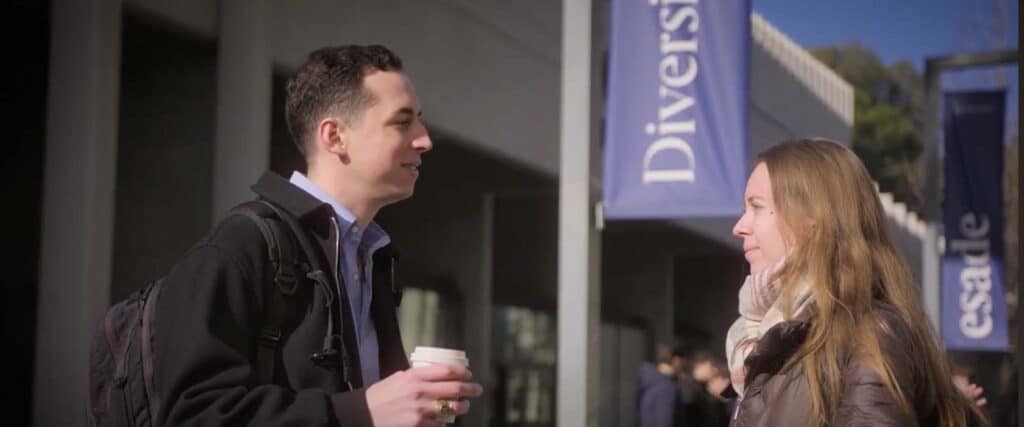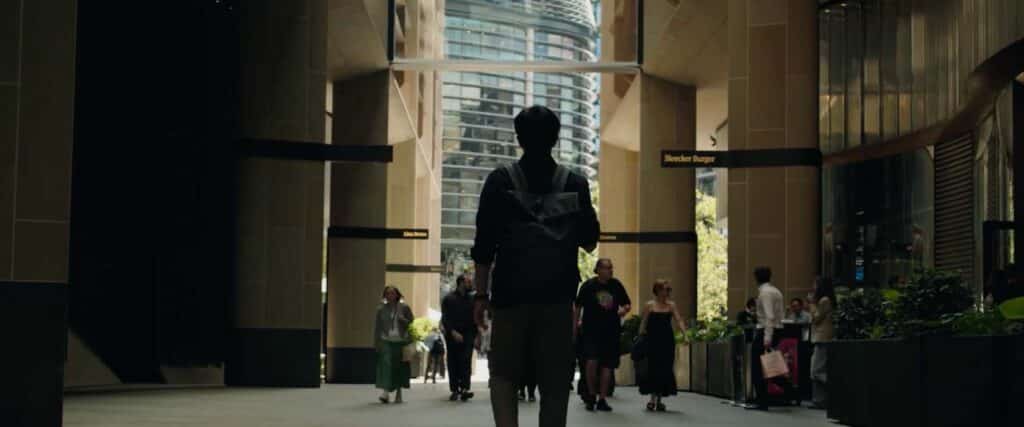Strategy by name, strategy by nature: The valuable life lesson you learn in the world’s best MIM program
For Victor Ong, the Strategy & International Management (SIM) program at the University of St.Gallen was about three things: strategy, solutions, and society. He told MASTERGRADSCHOOLS how learning about strategy helped him to see the bigger picture – in both his life and his career.






